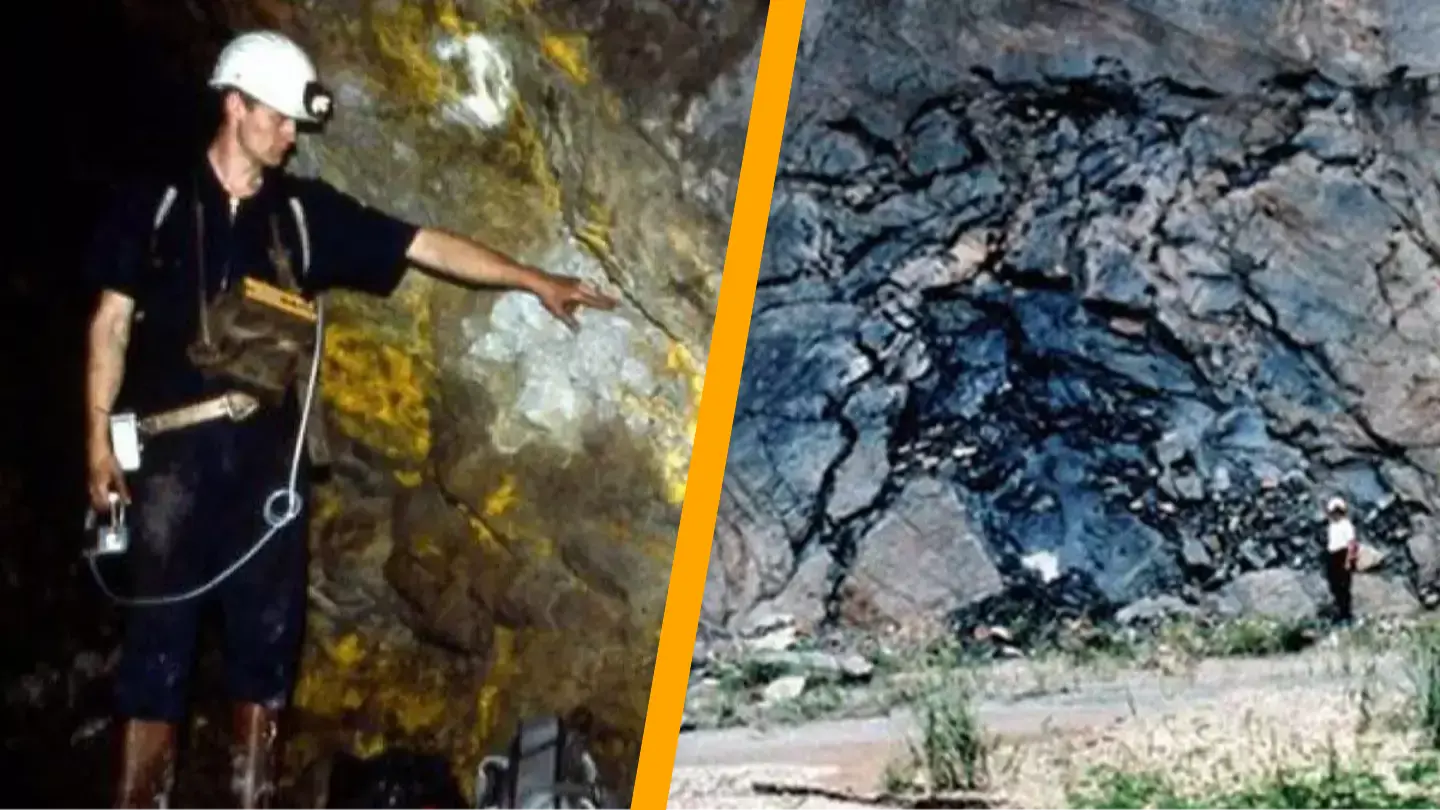It’s astonishing to realize that for millions, even billions of years, a natural nuclear reactor has existed beneath the Earth’s surface.
The devastation caused by atomic bombs in Japan during World War II is well-documented; it’s considered one of the gravest events in human history.
During the conflict, the United States deployed atomic bombs on Hiroshima and Nagasaki. Although these remain the only instances of nuclear weapon use, a natural nuclear reactor was actually active 1.7 billion years ago. Fortunately, it is now inactive.
The only known natural nuclear fission was identified in 1972 in Oklo, Gabon, located in central Africa.
Chemists at the time observed a considerable decrease in the amount of fissionable U-235 in the ore extracted from the Gabonese mine.
This uranium deposit is unique as the only known natural nuclear reactor on Earth, particularly found in the Oklo region of Africa.

The discovery was highlighted on Reddit, where a user noted: “TIL [Today I Learned] The only known naturally occurring nuclear fission reactor was discovered in Oklo, Gabon and is thought to have been active 1.7 billion years ago.
“This discovery in 1972 was made after chemists noticed a significant reduction in fissionable U-235 within the ore coming from the Gabonese mine.”
The mine holds the only instance of a fossil nuclear fission reactor, which indicates that self-sustained nuclear reactions took place there long ago.
One commenter remarked: “It was described in a book. The French heavily monitor the uranium at Oklo. They did calculations and realized a small but significant amount of uranium was missing, which was concerning.
“They concluded that over millions of years, rainwater seeped in, sustaining a controlled fission reaction and converting some of the uranium. Probably not documentary worthy but interesting.”

Another user inquired: “Does it create nuclear waste? Could it explode from instability?”
A Redditor reassuringly answered: “Yes, it did produce nuclear waste. That waste has moved several meters through rock over the last 1.7 billion years. This finding partly inspired the idea of deep geological storage.
“If you find the right kind of rock, it can effectively store something indefinitely.”
While the notion that something so hazardous has been part of Earth for billions of years is unsettling, there’s no immediate cause for alarm.

